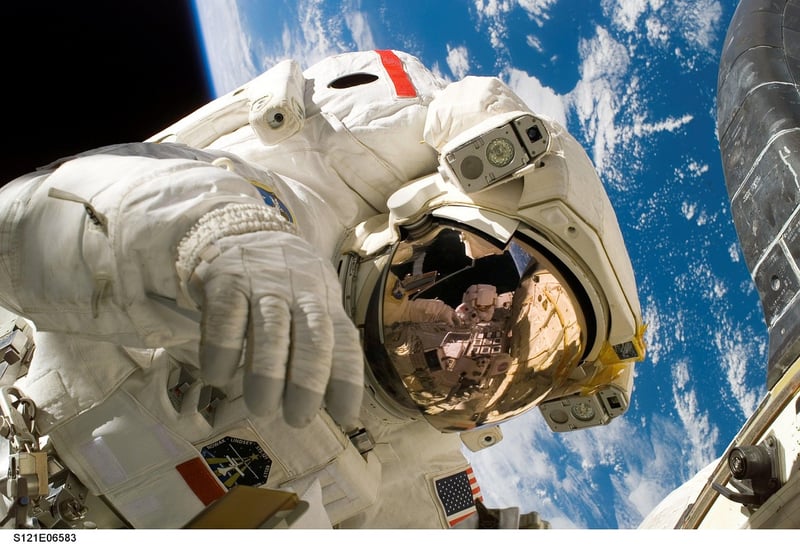Cosmic Radiation
The Perils of Space Exploration: Cosmic Radiation
Space exploration has always captivated humanity's imagination, but it comes with significant dangers and challenges. One of the most insidious threats faced by astronauts venturing beyond Earth's protective atmosphere is cosmic radiation.
What is Cosmic Radiation?
Cosmic radiation consists of high-energy particles originating from sources outside the solar system. These particles, such as protons and heavy ions, pose a severe health risk to astronauts in space.
The Dangers of Cosmic Radiation
Exposure to cosmic radiation can lead to a range of health issues, including an increased risk of cancer, cataracts, and damage to the central nervous system. Prolonged exposure may also weaken the immune system, making astronauts more susceptible to illnesses.
Challenges for Space Exploration
The presence of cosmic radiation presents a significant hurdle for long-duration space missions, such as those to Mars or beyond. Protecting astronauts from this radiation while ensuring the viability of space travel is a complex problem that scientists and engineers are actively working to solve.
Protecting Astronauts from Cosmic Radiation
Various strategies are being developed to shield astronauts from cosmic radiation, including the use of shielding materials on spacecraft and habitats, developing pharmaceutical countermeasures, and designing spacecraft trajectories that minimize exposure.
Conclusion
As we push the boundaries of human exploration into the cosmos, the threat of cosmic radiation remains a formidable challenge. By understanding the dangers posed by cosmic radiation and developing effective mitigation strategies, we can ensure the safety and well-being of future space travelers.

Learn more about cosmic radiation and its impact on space exploration here.
